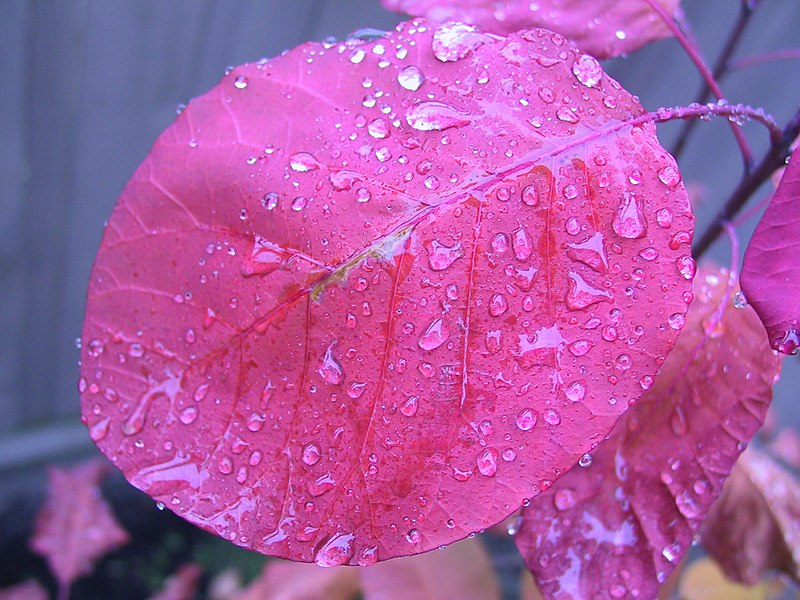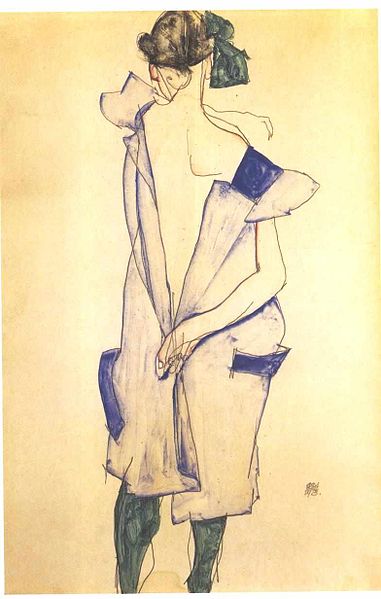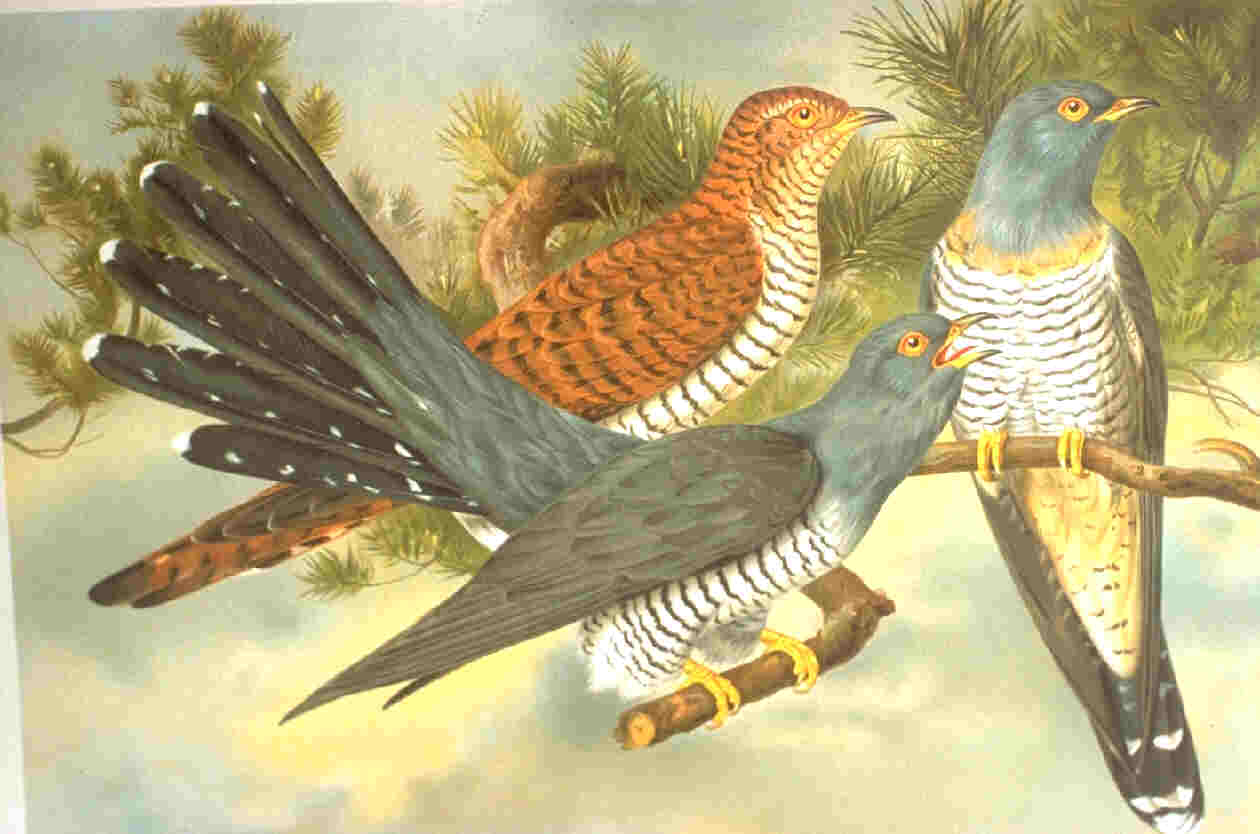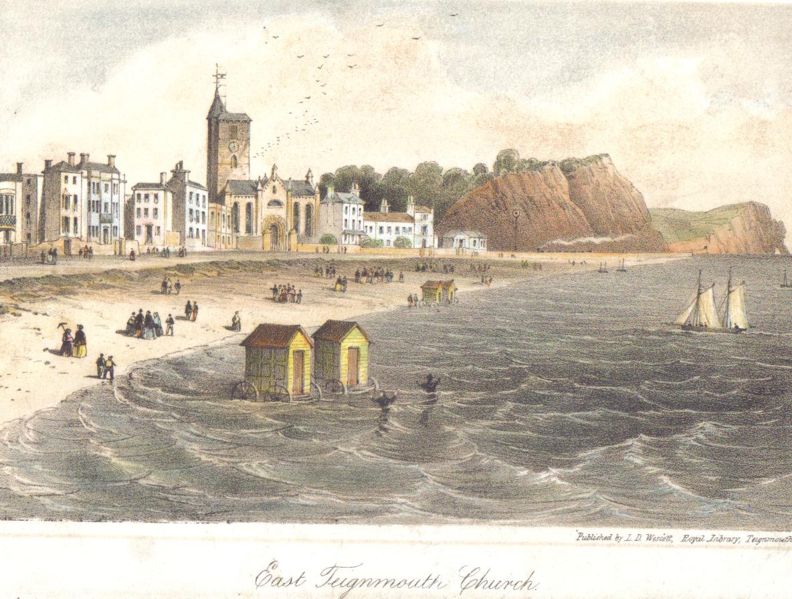.

Purple-throated Carib Hummingbird in its natural habitat, Morne Diablotins National Park, Dominica: photo by Charlesjsharp, 1 December 2010
for Edwin Denby
VANITAS : a journal of poetry, writings by artists, criticism, and essays. During its decade of intervention in the public realm, VANITAS came out quasi-annually, serving as a forum for international voices with an emphasis on coming to grips with current world situations. Each issue contained writings by artists whose primary modes were non-literary and featured the work of a visual artist. [www.vanitasmagazine.net]


 |
I guess it’s because
the only things left in this West
I can have any real
respect for
are beauty of character
and beauty of nature
and you know the two
breed one another
in those long miles where
there is nothing to do
as the sun goes down
over the flat horizon
but watch it slowly gild
the surfaces of rivers
from the Belle Fourche
(or Foosh, as the locals say)
to the Cimarron
which will push on into
the darkness with its light
flickering over them like a skin.


Had been trying to find its course for years
sans mechanical intervention
toward some thought somebody had had about something
but on the way kept getting lost in the tall weeds
and forgetting its purpose must have been
to arrive somewhere not to stay to splash



I close my eyes
and see you at the age of 30
beyond the mist of affect
in your blue dress
so slim and Viennese
in the Sharons’ picture gallery
at Tissa’s party
a stormy night in 1974
with the ocean roaring
against the breakwater
I find you there with
all my projections
withdrawn at last
and what appears is
you in your blue dress
in this bewildering recurrent
intensified mind garden
I call creation
because you created it for me








![La mitrailleuse en état de grâce (The Machine Gun[neress] in a State of Grace)](http://www.sfmoma.org/images/artwork/large/84.123_01_b02.jpg)










For the seventh and final issue of VANITAS, we examine the idea of The Self. The work featured in issue 7 tests just how far the self can be stretched, partially as an exercise in self-expression, partially in search of what used to be called experience. Self, not so much in personae as in faces, in the sense the Mods used the term — referring to someone with style, perhaps within a culture of style, but an individual expression of that culture, or perhaps someone who can seemingly invent her own style, just standing there.
This issue features new work by Bruce Andrews, Mary Jo Bang, Anselm Berrigan, Steve Dickison, Danielle Dutton, Tonya Foster, John Godfrey, Robert Hunter, Paolo Javier, Ann Lauterbach, Kimberly Lyons, Dan Machlin, Gerard Malanga, Judith Malina, Filip Marinovich, Harry Matthews, Michael McClure, Anna Moschovakis, Stephen Motika, Jennifer Moxley, Michael Palmer, Aram Saroyan, Lewis Warsh, and many more. Featuring artwork by Diana Michener, Carol Szymanski, Gerard Malanga, Rudy Burckhardt, and Vivien Bittencourt.